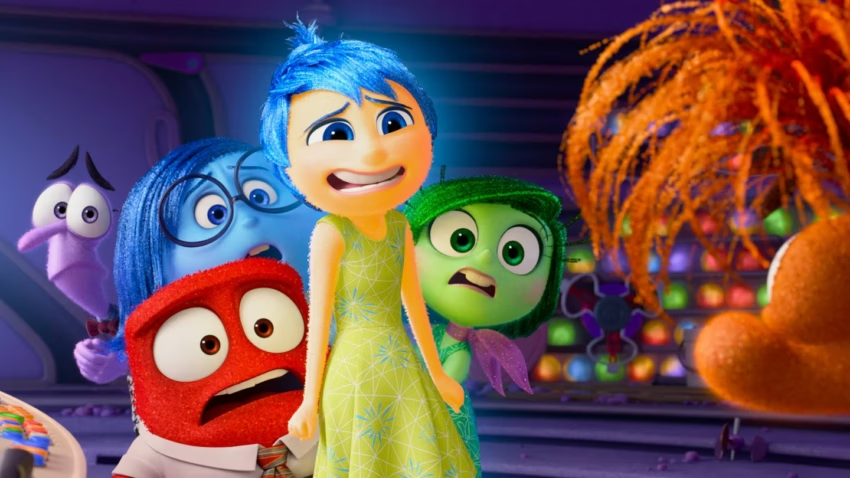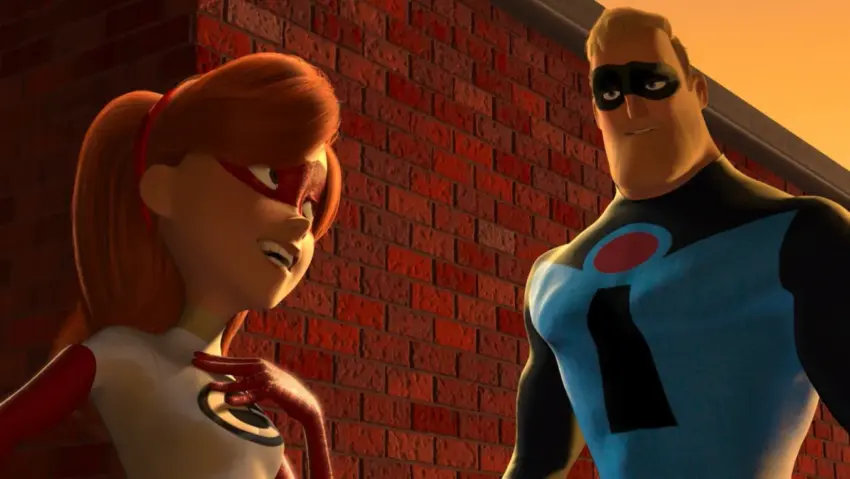Every single premise comes with a set of questions — it’s just the nature of storytelling. The very concept of a new world or new characters or new conflict comes with certain elements of wonder and curiosity. And on the one hand, those questions work to our advantage as writers. It’s our readers’ curiosity that…
Author: Mara Scudder
Avatar: The Last Airbender: Why Zuko Become Firelord (And Not Iroh)
If you’ve spent almost any time at all in the Avatar fandom, you’ve probably come across the question, “why did Zuko become firelord instead of Iroh?” Iroh, the wise old sage of the series, never fails to bring broadly-applicable wisdom to every situation, pushing characters into just the right position so that they can grow…
The Incredibles: Romantic Conflict, Done Well
A lot of stories — from historical novels to science fiction series and everything in between — deal with romantic drama. It’s simply too easy to have your main love interests fall in love right off the bat with no obstacles or challenges. Any good storyteller knows that conflict generates interest in your story, and…
Article Posting Tomorrow!
Hey guys! Unfortunately the article we planned to post this week is taking a bit longer than expected, but we should have it up and running sometime tomorrow. Thanks for your patience in the meantime! — Mara
Mara, Daughter of the Nile: Writing with Timeless Prose
In my experience, it’s pretty easy to guess the era a book is from. Whether it’s a Victorian classic or a modern YA adventure, a lot of times you don’t have to look at the copyright page to tell around what date it was written and published. For a lot of works, their time period…
Taking a Break for Christmas
You might have noticed there wasn’t an article up on the Story Fortress yesterday. As usual, we’re taking our annual Christmas break this week, but you can expect a brand-new article up and running this Friday! Merry Christmas, Mara and Sophia
Stranger Things: The Power of an Immersive World
We’ve written a lot about what makes emotional scenes hit home, especially tragic ones. We had a whole series on it this summer, and both Sophia and I have individually written about techniques you can use to make character deaths hit home. But there’s one concept we haven’t had the chance to explore yet, and…
Epic: Breaking Your Promises and Subverting Expectations
Subverting expectations is a really powerful tool you can use as a writer. Whether that’s in the form of a plot twist or just a genre-defying trope, it’s one of the fastest ways to generate variety and interest in your story. Whenever your reader thinks they know where the story is headed… you switch it…
Katniss Everdeen: The Antithesis to the YA Protagonist
We’ve all read a book featuring the now-famous YA protagonist trope. She’s determined and mature beyond her years. Always an orphan, skilled in some sort of combat, and thrust into positions of power and influence beyond her years. She faces a confusing love triangle, and navigates complicated romantic conflicts as well as political or physical…
Over the River and Through the Woods: Writing with a Complex Theme
Most writers know how themes work: our protagonist rejects a specific truth or message because of their fatal flaw, spends the entire book fighting against accepting it, and is finally forced to confront their flaw just before the climax in a painful but ultimately transforming experience known as their Epiphany. Accepting the truth whole heartedly,…








